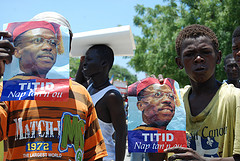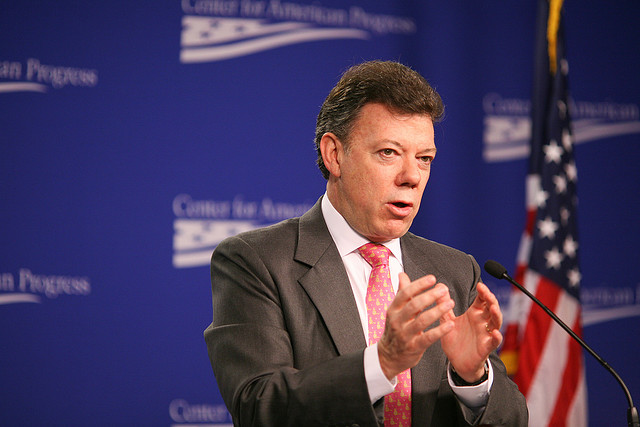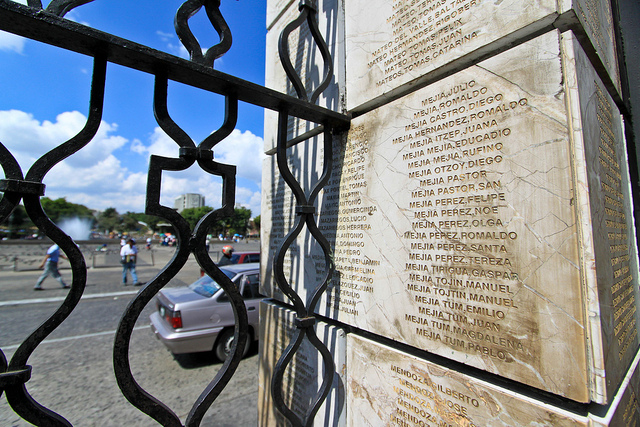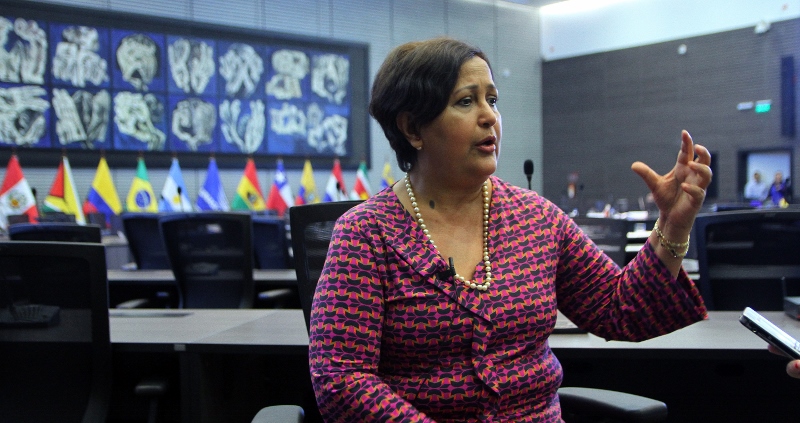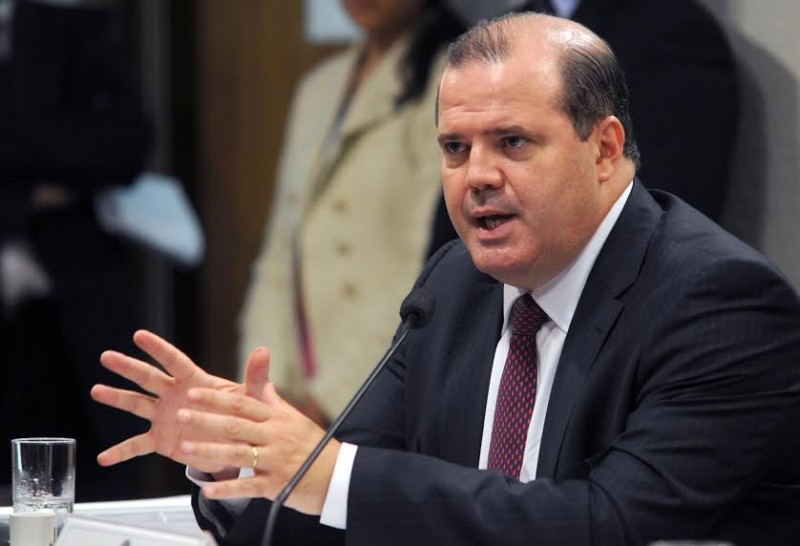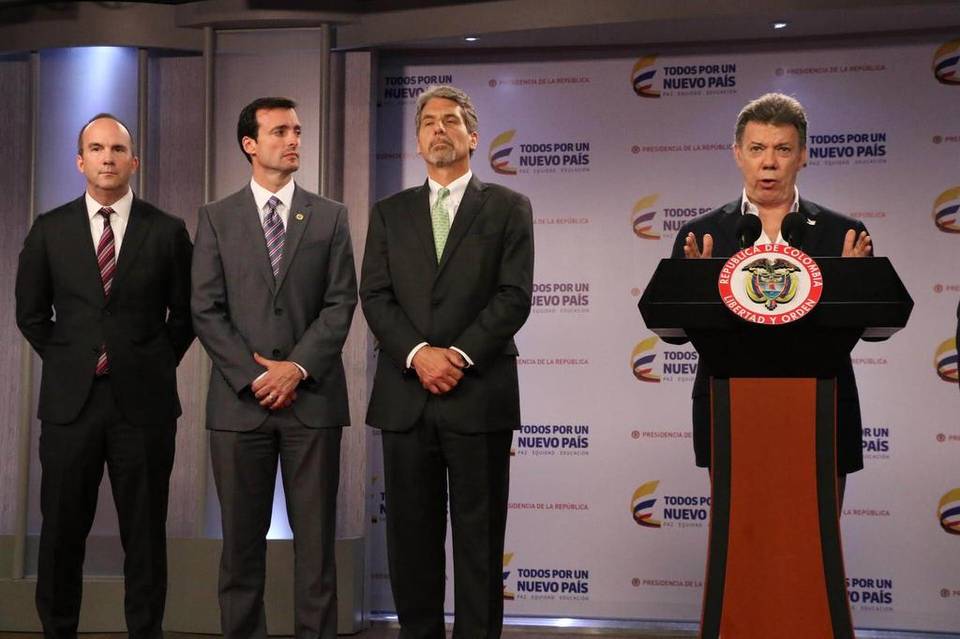
Andes, Colombia, Latin America: Week in Review
US Unseals Indictments Against Leaders of Colombia’s Most Powerful Drug Gang
June 24, 2015 By Staff
Top Story — Federal prosecutors in Miami unsealed indictments on Tuesday against 17 members of one of Colombia’s biggest narcotics cartels, charging a number of important cartel leaders in an effort to improve bilateral cooperation in anti-narcotics operations.
The indictments were brought against leading members of Los Urabeños, a group that Colombia Reports has called “Colombia’s most powerful neo-paramilitary drug trafficking organization.” The group, also known by the authorities as Clan Úsuga, is accused of trafficking cocaine into the United States for more than a decade.
U.S. Attorney Wifredo Ferrer of Miami announced the unsealing of the indictments on Tuesday at the presidential palace in Bogotá, standing next to Colombian President Juan Manuel Santos.
Los Urabeños emerged as a powerful force in Colombia after the demobilization of the powerful paramilitary umbrella organization AUC from 2003 to 2006. Since then, the group has reportedly relied on drug trafficking and extortion for finances, taking control of territory along important drug-smuggling routes in the Caribbean and the Pacific Ocean.
Among those indicted is the group’s current leader and founder, Dairo Antonio Úsuga, who has been the focus of a massive manhunt that has so far been unsuccessful. There is currently a $5 million reward for information leading to Úsuga’s capture, and he faces a possible sentence of life in prison if captured and extradited to the United States.
Headlines from the Western Hemisphere
North America
- At least 16 people were killed and five injured in a fire Tuesday at a northern Mexico nursing home, which mostly housed needy residents, including many whose families had abandoned them.
- The son of the leader of Mexico’s surging, violent Jalisco New Generation drug cartel, who was reportedly his father’s top lieutenant, was arrested Tuesday while carrying an assault rifle that bore the group’s Spanish initials.
Caribbean
- The head of Puerto Rico’s power utility, one of the central agencies in the U.S. territory’s financial woes, resigned Tuesday for reasons that were not immediately announced.
Central America
- At least 12 people, most of them police officers, were arrested Tuesday in Guatemala on charges of corruption, part of a scheme unrelated to the scandal sweeping the political system and prompting calls for President Otto Pérez Molina’s resignation.
- At least one person was injured in Honduras, demonstrators said Tuesday, when the encampment of protesters outside the residence of President Juan Orlando Hernández, who were also decrying claims of corruption, was attacked by unidentified assailants.
Andes
- Leopoldo López, the Venezuelan opposition leader currently in jail over his alleged role in anti-government demonstrations in 2014, has brought a 30-day hunger strike to an end after one of his demands — that a date for a parliamentary election be set — was met on Monday.
- Spanish police arrested a Venezuelan veterinarian Saturday who was wanted in the United States for allegedly smuggling heroin by implanting it inside puppies, according to a civil guard spokesperson.
Southern Cone
- Pope Francis will not be visiting his home country of Argentina during a July tour of South America, in order to avoid influencing the outcome of the presidential election in October, according to the Vatican.
- Doctors are likely to induce birth in an 11-year-old Paraguayan girl who was legally denied an abortion after allegedly being raped by her step-father, according to her lawyers, who cite potential health risks to the mother if her pregnancy is carried to term.
